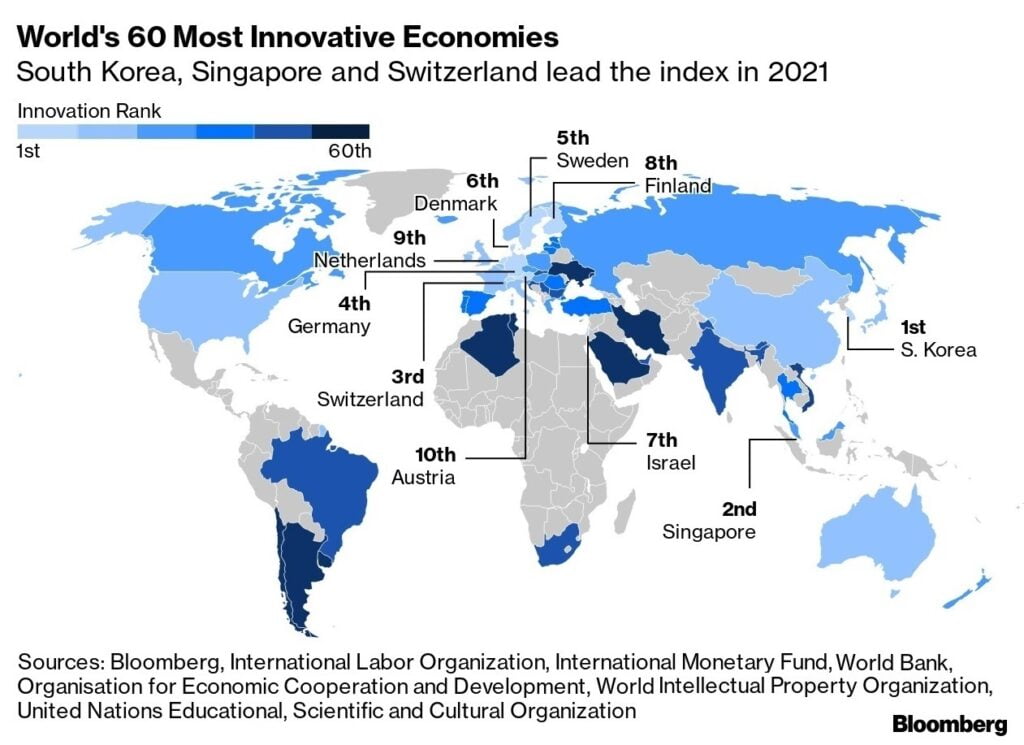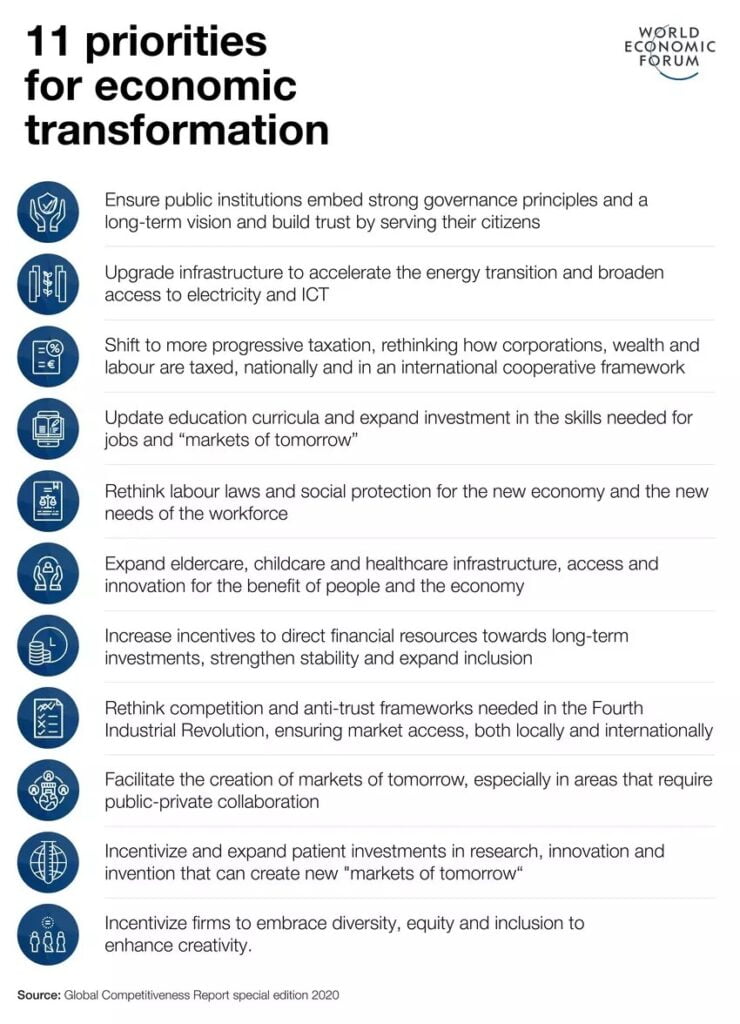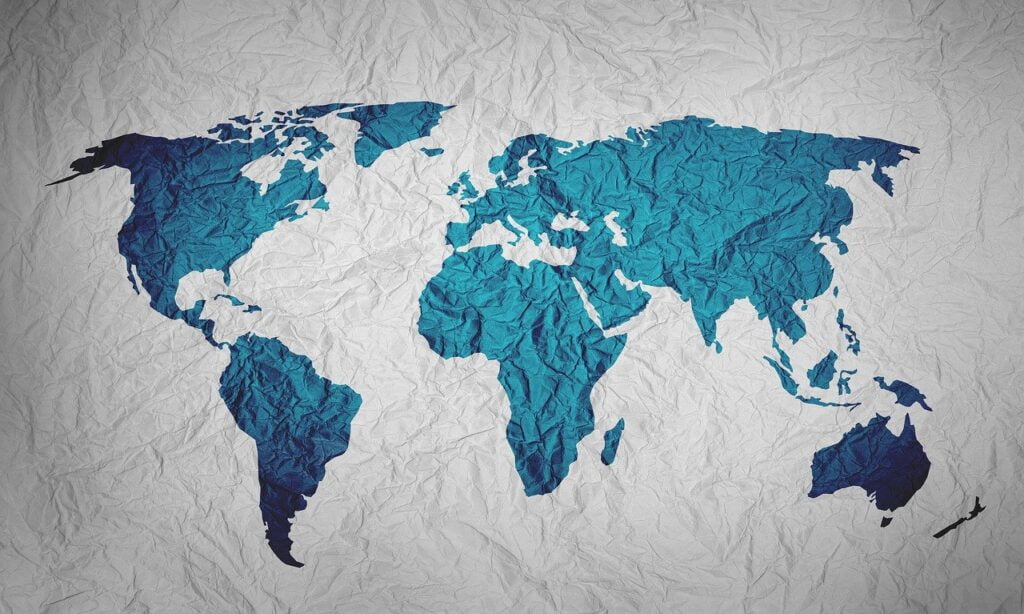Israel slipped to 7th place in the newest Bloomberg Innovation Index of 2021, dropping one spot from last year’s index where Israel ranked 6th, and two places from 2019 where Israel ranked 5th. Prior to 2019, the country ranked 10th for two consecutive years.
The annual index, published Wednesday, ranks the world’s 60 most innovative countries using seven criteria including research and development expenditure as a percentage of GDP, productivity, patent activity, concentration of researchers, including postgraduate PhD students, engaged in R&D per one million people, concentration of high-tech companies, and tertiary education efficiency (the total enrollment in education, regardless of age, as a percentage of post-secondary cohort and the share of the labor force with an advanced level of education).
In the categories, Israel retained its top spot for research and development intensity for the fourth year in a row in the 2021 index, and regained the top rank for research concentration; the country had placed 2nd in that category for 2020. Israel also maintained its 5th spot for high-tech density (concentration of locally domiciled high-tech companies) but dropped to 8th place (from 7th in 2020) for patent activity.

In the overall ranking, South Korea returned to the top spot in the 2021 Bloomberg Innovation Index, overtaking Germany which placed first last year and dropped to 4th place this year. Singapore ranked 2nd and Switzerland 3rd. The 5th spot was retained by Sweden, followed by Denmark in 6th, Israel in 7th, Finland in the 8th spot, the Netherlands in 9th, and Austria 10th. The US dropped out of the top 10 to the 11th spot, but placed 1st in high-tech density.
The 12th to 20th spots in the overall index went to Japan, France, Belgium, Norway, China, Ireland, the UK, Australia, and Italy, respectively.
South Korea also placed 1st in patent activity and 2nd in R&D intensity and manufacturing value-added, where Israel’s placed 30th.
Israel’s worst score was in tertiary efficiency where it placed 34th, and where Singapore nabbed the top spot. For productivity, Israel placed 18th – first place in that category went to Iceland (which placed 28th overall).
The 2021 Bloomberg innovation rankings “reflect a world where the fight against COVID-19 has brought innovation to the fore –- from government efforts to contain the pandemic, to the digital infrastructure that’s allowed economies to work through it, and the race to develop vaccines that can end it,” Bloomberg reported.
While much of the data was from before the pandemic, “many countries high on the index –- like Korea, Germany and Israel –- have been world leaders in some areas of fighting the pandemic, whether it’s contact-tracing or speedy vaccination,” according to the report.
Sign up for our free weekly newsletter
SubscribeIndeed, Israel has embarked on an ambitious vaccination drive since late December when the first Pfizer/BioNtech vaccines arrived in the country with the most doses administered per capita in the world, according to the University of Oxford-based Our World in Data research organization.

According to the Israeli Health Ministry, more than three million of Israel’s nine million-strong population have received their first jab, with close two 2 million on the second shot, as of February 3.
The Israeli government’s overall handling of the COVID-19 pandemic has been both praised and criticized, as Israelis grapple with a third nation-wide lockdown in the span of nearly a year. Its daily infection rates have remained high for weeks, though they are dropping. Israel’s death toll from the pandemic is nearing 5,000.
Meanwhile, the World Economic Forum paused its annual Global Competitiveness Index for 2020-2021 given the global crisis, and instead published a 2020 special edition of the World Economic Forum’s Global Competitiveness Report (GCR) which looked at what countries are better prepared for recovery from the pandemic and future economic transformation. In the 2019-2020 Global Competitiveness Index, Israel placed 20th place out of 141 countries.
The special edition, published last month, outlined priorities for recovery, assessed the features that helped countries be more effective in managing the pandemic, and provided an analysis of which countries are best poised for an economic transformation towards systems that combine “productivity”, “people” and “planet” targets.
Data from 37 countries, including Israel, was mapped against the 11 priorities outlined in the report, which found that while “no country is fully prepared for recovery and economic transformation, some are better placed than others.”

In the overall score for “performance on economic transformation readiness,” Israel scored 62.7 out of 100, and placed in the 3rd decile alongside France, Germany, and Belgium. The country with the highest score in this table was Finland with 69.9 out of 100, followed by Sweden with 68.5.
The report noted that, as the crisis has shown, vaccine development and deployment capacity have been critical. “As such, countries with greater biotechnology capacity and established national and international collaborations between universities and companies (Switzerland, the United States, Finland, Israel, the Netherlands) have been able to develop solutions to the current crisis, and are better placed to cope with future pandemics,” the study read.
Related posts

Editors’ & Readers’ Choice: 10 Favorite NoCamels Articles

Forward Facing: What Does The Future Hold For Israeli High-Tech?

Impact Innovation: Israeli Startups That Could Shape Our Future




Facebook comments